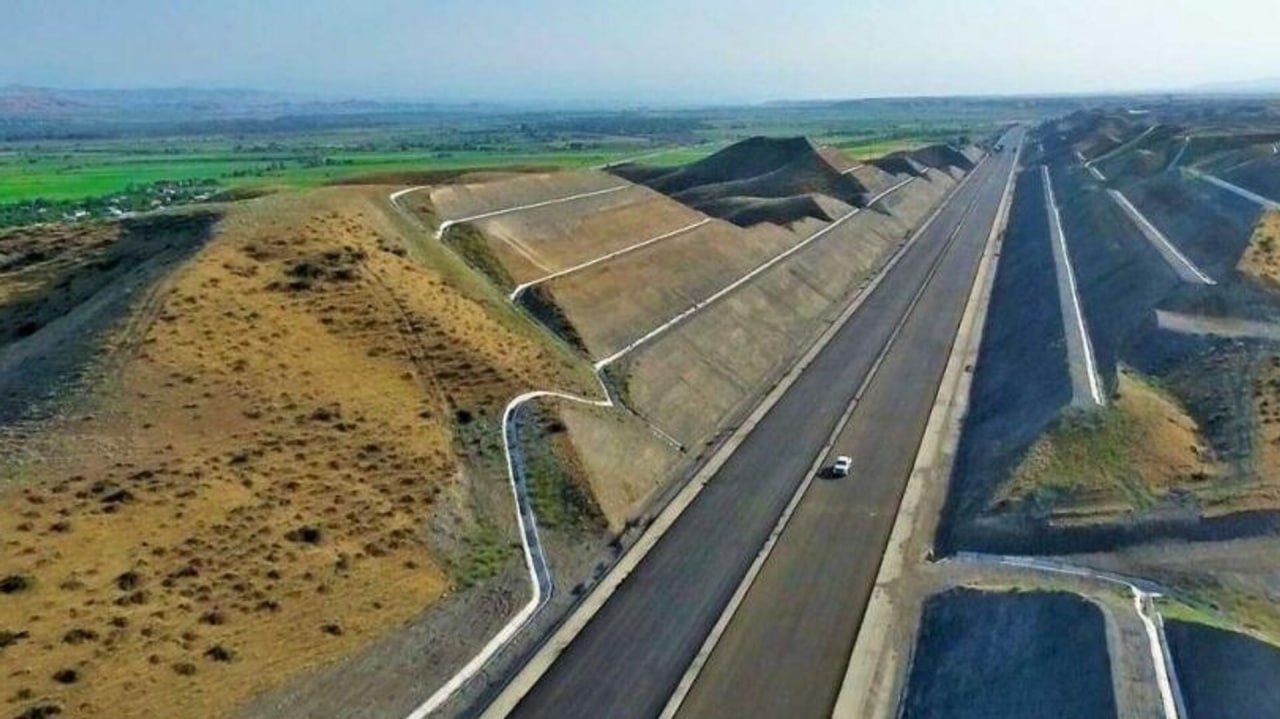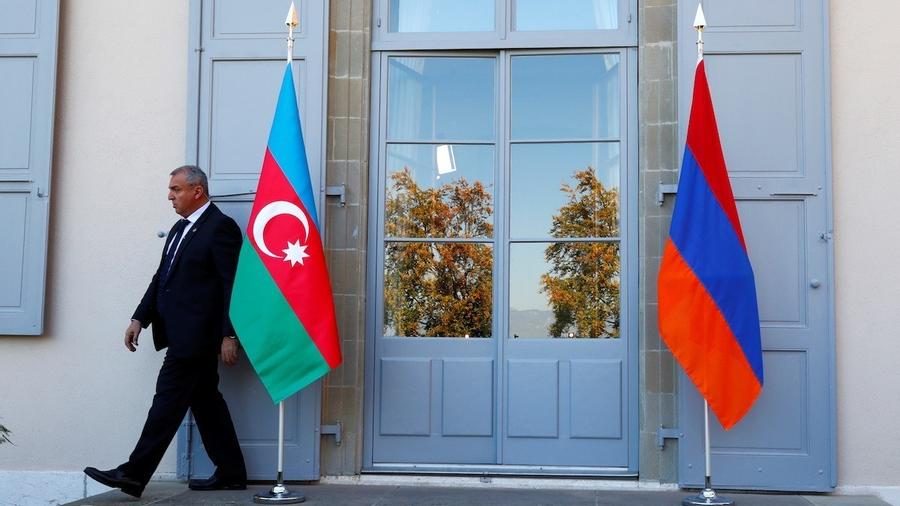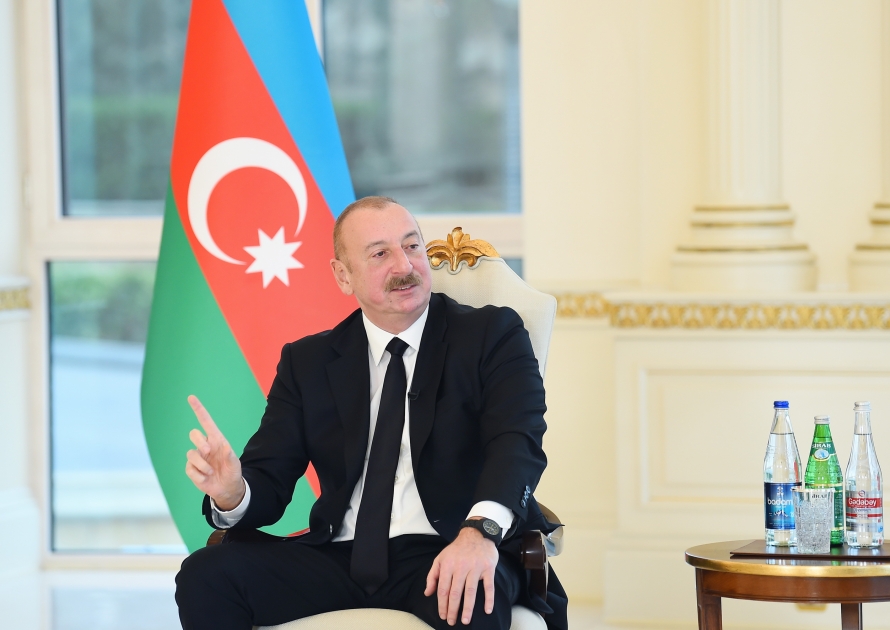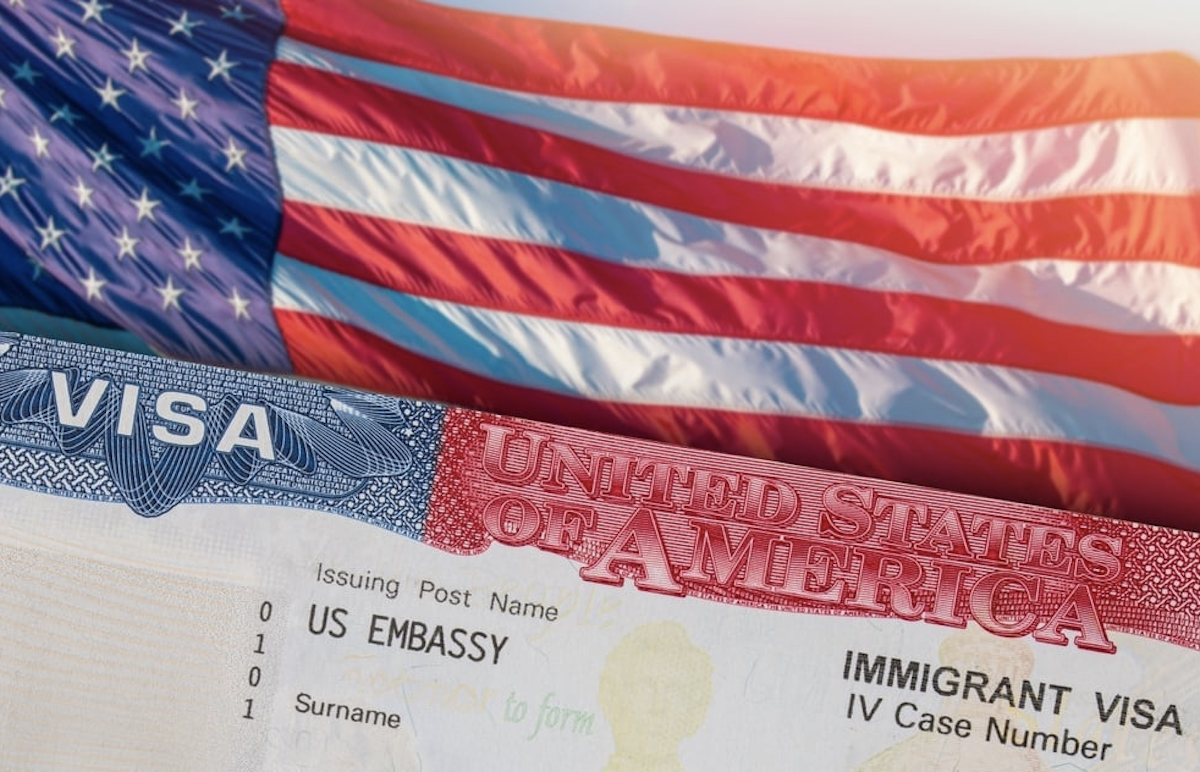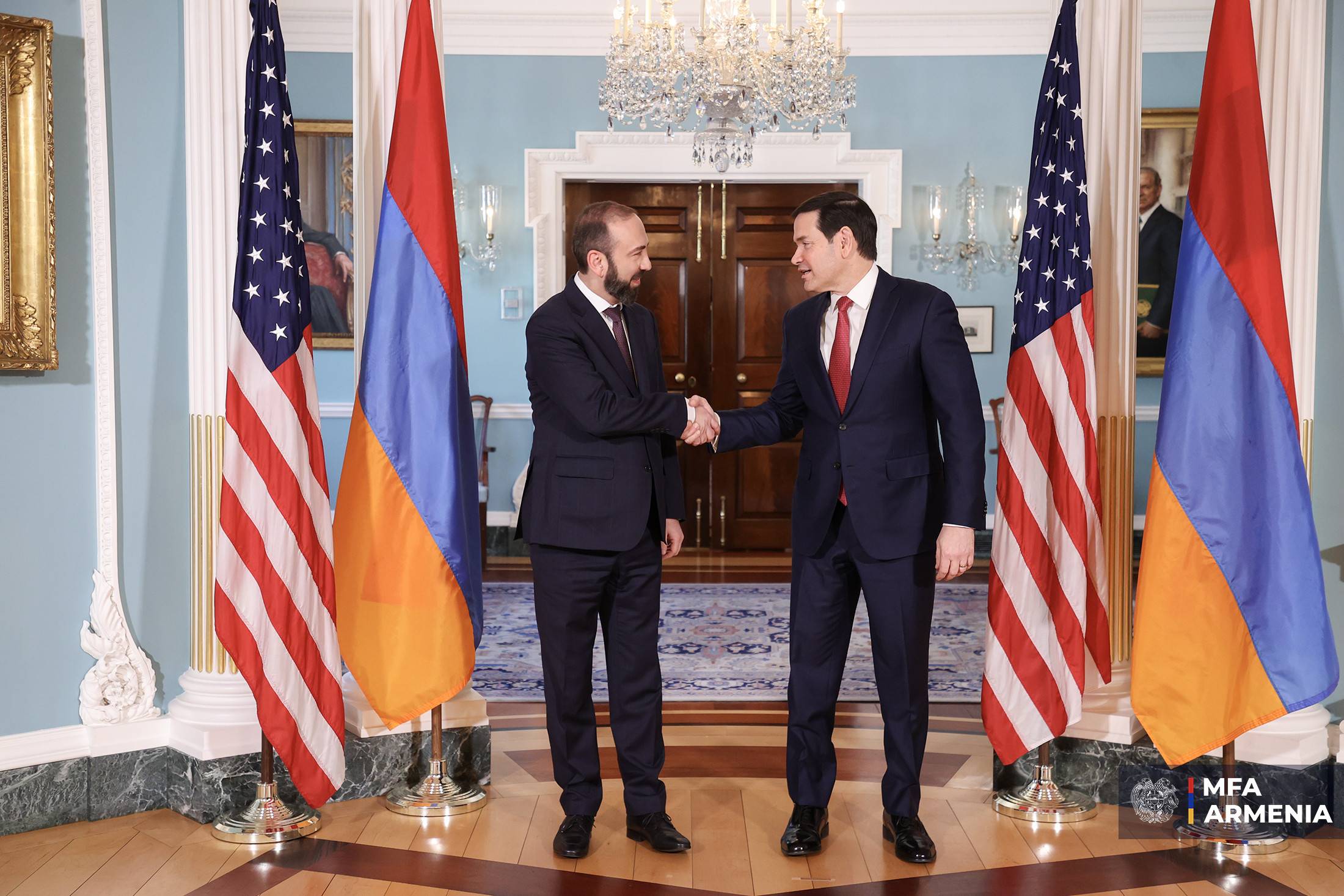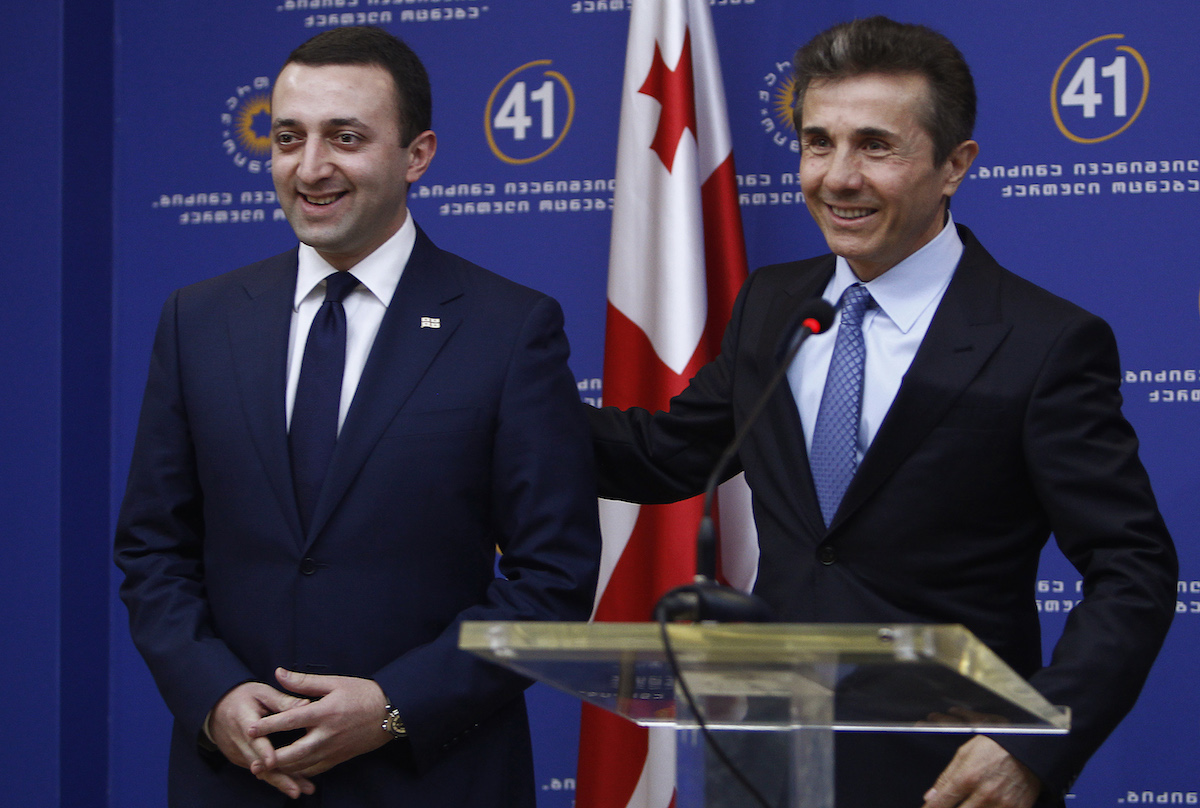"It's possible to win the Nakhchivan road issue without military intervention" – A view from Baku
Zangezur сorridor and Iran-Russia relations
“Disagreements between Iran and Russia over the Zangezur Corridor are already surfacing at the level of diplomatic tension,” according to experts from the think tank “Şərqə baxış” (“Look to the East”). They believe that this situation is beneficial for Azerbaijan, as the tension “creates additional opportunities for maneuvering against two dangerous neighbor-partners.”
- “Rearming Armenia poses risks for the entire region.” Comment from Baku
- Georgia’s Parliament backs homophobic “Family Values” bill in second reading
- Black Sea Energy project: A new energy source for Europe from Azerbaijan and Georgia
“The new status quo is in Washington’s interests, but it’s a red line for Moscow”
“Russia’s attempt to bring the peace process under its own initiative with the issue of the Zangezur Corridor, while ignoring Iran’s concerns, prompted Tehran to respond more openly, leading to the Russian ambassador being summoned to the Iranian Foreign Ministry for explanations.
Recently, it was announced that the topic of opening communication routes had been removed from the current negotiation agenda. This was a signal that the West had taken the lead in the peace process.
Shortly after, we witnessed Russia’s reactivation. Russian Security Council Secretary Sergei Shoigu visited Iran and Azerbaijan, delivering messages about the importance of keeping the West out of the region. During Putin’s visit to Azerbaijan, Moscow brought the Zangezur Corridor issue back to the table.
Moscow’s red line is the completion of the peace process between Azerbaijan and Armenia under Western, particularly U.S., mediation, and the emergence of a new status quo in the South Caucasus that serves Washington’s interests. Russia is trying to use the Zangezur Corridor issue to block or at least delay this process.”
“Forced opening of the Zangezur Corridor poses major risks”
“Although discussions on opening communication routes have taken place in a trilateral format in recent years, it seems that, given the current realities, Moscow cannot continue diplomatic efforts to address the Zangezur Corridor while pressuring Yerevan. If these efforts fail, the only remaining option may be to forcibly open the corridor. Iran openly opposes such a possibility.
Direct Azerbaijani involvement in using force to open the Zangezur Corridor poses significant dangers. It is crucial to accurately assess the potential Western reaction, the current situation in Russia, Turkey’s strategy in the South Caucasus, and regional military threats from Iran.”
“Russia’s reintroduction of the Zangezur Corridor issue benefits Azerbaijan”
“Frankly, a military scenario seems unlikely, at least we hope so. However, overall, Russia’s decision to put the Zangezur Corridor issue back on the agenda benefits Azerbaijan.
Firstly, the tension between Iran and Russia over regional issues works to Azerbaijan’s advantage. This situation creates additional maneuvering room against two dangerous and partnering neighbors: Iran’s position can counterbalance Russian pressure, and Russia’s stance can address Iranian threats.
Secondly, Russia’s proposal to Azerbaijan regarding a transit route to Nakhchivan is a straightforward one. By raising this issue with the West, which has taken the lead in the peace process, Azerbaijan could prompt the West to offer favorable concessions for the Nakhchivan transit (e.g., without border and customs checks for Azerbaijani cargo and passengers).”
Zangezur сorridor and Iran-Russia relations
Such a transition could represent a strategic defeat for both Iran, which opposes the opening of an alternative Nakhchivan transit route, and Russia, which aims to place this route under military control.
The open tension between Russia and Iran, despite their military cooperation on crucial issues like Ukraine, over the Nakhchivan transit also sends positive signals to the West.
In short, with the right diplomatic maneuvers, it is possible to secure the Nakhchivan transit route without resorting to military action.










